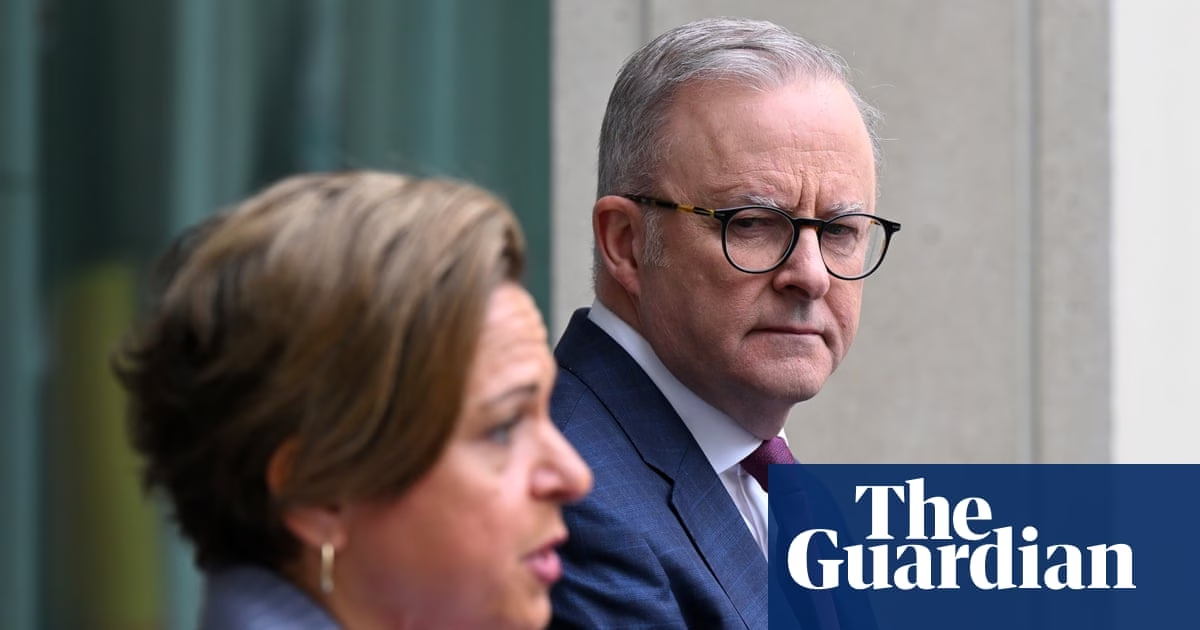Labor is facing criticism over plans to significantly reduce access to government documents under the Freedom of Information (FOI) Act. The Coalition and crossbench members suggest that proposed changes could struggle to pass parliament.
Attorney General Michelle Rowland has announced the biggest changes to transparency rules in 15 years. This includes new charges for FOI requests to government departments and ministers, stricter rules related to cabinet confidentiality, a ban on anonymous applications, and new rules to deter vexatious and frivolous requests. Rowland also intends to introduce stricter standards for accessing documents containing advice to the government and deliberative matters of ministers.
The changes mean that individuals seeking access to their own information from the federal government will not be charged. However, journalists, politicians, and other experts seeking government information will face new fees. In some states and territories, requests can cost approximately $50 per lodgment.
Rowland stated that the freedom of information rules were still based on the 1980s, before the widespread use of email and decades before the invention of smartphones. She asserted that these changes would promote transparency while preventing misuse of public sector resources through anonymous or vexatious FOI requests.
Cabinet minister Mark Butler said the government is “being inundated by anonymous requests,” which he suspects may be generated by AI bots and linked to foreign actors, foreign powers, or criminal gangs. He stated that a modest charging environment is consistent with usual cost recovery principles.
The shadow attorney general, Julian Leeser, expressed concern about the introduction of a “transparency tax” by Labor and sought a briefing on the proposed changes by Rowland. He said that his party does not like the idea of such a tax and accused the government of trying to reduce transparency.
Greens spokesperson David Shoebride argued that existing FOI rules already hinder the release of information and accused Labor of imposing additional barriers, making the government “the most secretive on record.” Kieran Pender of the Human Rights Law Centre’s associate legal director said that existing transparency rules are insufficient and called for fixing whistleblower laws and reducing secrecy offenses rather than making government information less accessible and more expensive.
In July, the Centre for Public Integrity accused the Albanese government of having a worse record than the Coalition under Scott Morrison in producing documents for public scrutiny. The center’s report found that, for the first time in 2022-23, more FOI requests were refused than fully granted to applicants, undermining the transparency principles of the entire system.
Source: https://www.theguardian.com/australia-news/2025/sep/02/labor-backlash-plans-limit-access-to-government-information







